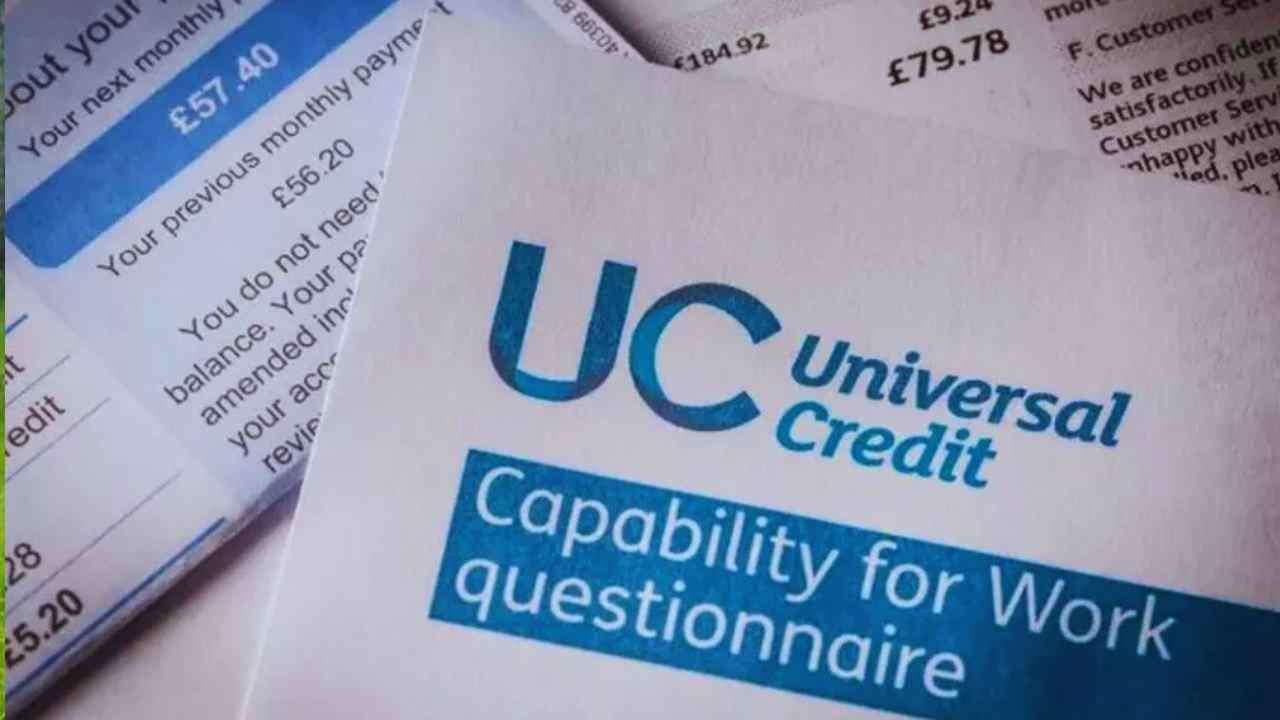UK households could face losing £3,000 a year because of what has been described as an "unsustainable" benefits system run by the Department for Work and Pensions (DWP). By the end of the decade, welfare and benefits payments are projected to cost each taxpayer around £3,000 annually.
The think tank Onward has warned that Britain’s welfare bill is on track to rise by nearly 20% by 2030, calling government spending “out of control.” One major factor is the Labour government’s decision to uprate benefits such as Universal Credit and Personal Independence Payment (PIP) in line with inflation. If ministers act on these warnings, that pledge could be reconsidered.
At present, welfare costs each taxpayer around £2,650 a year, but this is expected to climb sharply. Writing in The Telegraph, Sir Simon Clarke, Onward’s director and former Treasury minister, cautioned that Britain risks a “historic fiscal crisis,” with the welfare state becoming increasingly unaffordable as the population ages.
The report argued that PIP’s “relative generosity” is encouraging more people to claim disability benefits. It also criticised the state pension triple lock, calling it damaging to the UK’s long-term financial stability.
Sir Simon added that a Labour-dominated Parliament shows no willingness to cut public spending. Earlier this year, ministers attempting welfare reform were forced to backtrack, ultimately increasing costs instead.
In response, a DWP spokesperson said the government had inherited a broken welfare system and is now pushing reforms to make benefits more sustainable. These include changes to Universal Credit aimed at removing disincentives to work, while still supporting the most vulnerable. The department highlighted a £3.8bn employment support package designed to help disabled and sick people move into secure jobs.
_3.jpg)







.svg)


_2.jpg)

_3.jpg)